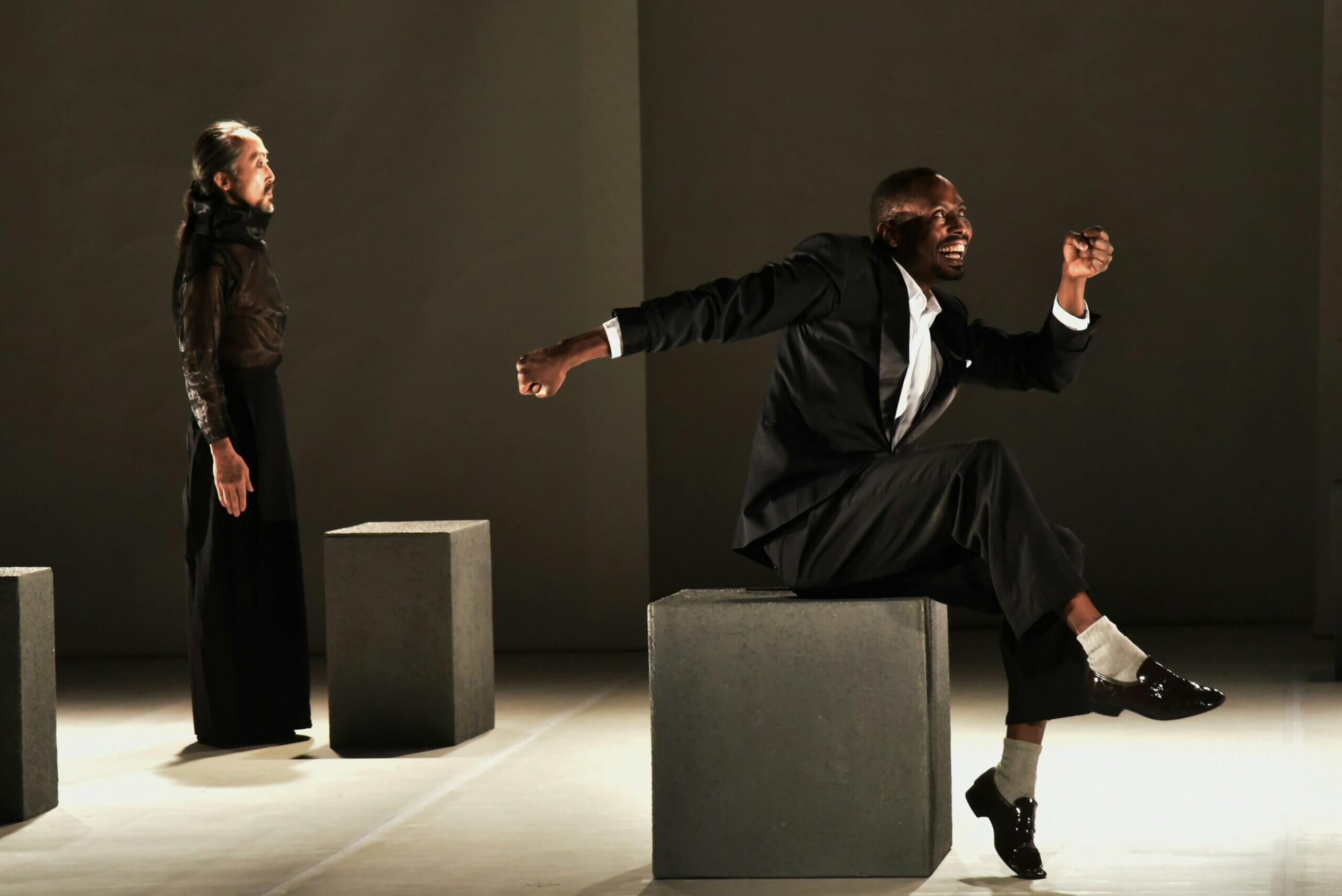How to Analyze a Script
If the phrase “scoring a script” immediately has you suppressing an eye roll, you’re not alone. (If you didn’t suppress it, that’s fine too. I can’t see you and I’m not offended). The further we get in our acting careers, the more we tend to let the 101 homework basics fall by the wayside. For those of us who skipped the classwork and jumped right in to the practical portion of the career, it may even seem intimidating or pedantic.
But scoring is an invaluable tool in the actor’s toolkit. It helps decode the text, finesse the arc of storytelling, and fine-tune your character work from the very beginning. Whether dusting off old lessons or starting from the very beginning, here are some pointers to help organize your approach to scoring a script.
1. Set the Scene
Before you dive into scoring the script, allow yourself the time to read the entire thing through without the pressure of an analytical eye. Just read and get a sense of the big picture. If you like, jot down emotional reactions, or any imagery or creative stimuli that might jump out at you, but don’t start breaking things down just yet.
2. Know Your Vocab
One of the potentially confusing things about scoring scripts is that the finer points of vocabulary are apt to change depending on your director or instructor. Everyone has their own buzzwords. The thing to remember is that scoring a script is a tool to help you. Don’t be afraid to adapt your methods in the ways that make most sense to you. That being said, it’s good to start mentally noting each of your collaborators’ shorthands, in the interest of speedy communication.
3. Get to the point.
For the purposes of this article, we’re going to use “action” to describe what happens in the scene. What is your character actually doing? Isolate the action from the emotional objective, and write it down at the top of the scene. When intentions get muddy, always bring yourself back to the action.
4. Building Blocks
Some of the more tried and true vocabulary terms include the “beats” and “units” of a scene. Think of these as a road map. They break down the structure of the scene to give it shape and build. Units are the large chunks, made up of smaller beats. A good rule of thumb is to remember that units change when something big happens — the entrance of a new character or new information. Beats often change when a character’s tactics change. Breaking a scene down into beats and units will not only give you valuable character insight, it will help keep you working in concert with the overall arc of the story.
5. Now the Fun Stuff
“Objectives,” “tactics” and “obstacles” are the guts of scene-by-scene character work. These specify your character’s purpose in a scene. Let’s break it down:
- Objectives: This is what your character wants/needs in a scene. Remember that it might be different from your super objective. (A super objective is what your character wants/needs most in life. I usually frame this by saying “I need ______, by/through _______”). While a super objective often breaks down to humanity’s core needs — love, safety, power, etc. — a scene objective is much more immediate, and tied to the action of the scene.
- Tactics: Tactics are how you try to accomplish your objective. Use active, emotionally charged language when noting your tactics and objectives. Don’t just flirt; enchant, ensnare, enthrall. Instead of convincing them with evidence, ?????
- Obstacles. Obstacles are the things that get in the way of achieving your objectives. Remember that your obstacles can come from the external world or from within your character’s psyche. Pay careful attention to fatal character flaws and the pattern of obstacles they create.
The beautiful thing about the basics is that they grow with you. As you gain experience as an actor, your language will become stronger and more specific. You’ll intuit beat changes faster. Your objectives and super objectives will gain charge and poignancy. The more you come back and sharpen these tools, the better they will serve you, and the stronger your technique will become.
________________________________________
Rachel Frawley is an actor, writer, and producer based in Atlanta. In addition to writing for Cast It Talent since 2013, she holds a B.F.A. in Theatre from Michigan State University and is an Atlanta Shakespeare Co. apprentice company graduate. She has worked for the past nine years in Atlanta as an actor, theatre education artist and audiobook narrator with ListenUp Studio. In 2016 she joined a new team as a producer for the Weird Sisters Theatre Company, a company committed to creating theatre by women, for everyone. In keeping with the model of that company, she recently helped vet and hire a new team of producers, to whom she will continue to serve in an advisory capacity. Rachel is currently represented by Crossbeam Talent. For more information, please visit her website at www.rachelfrawley.com.
Follow us on Facebook, Twitter, and Instagram for breaking industry news and exclusive offers!




